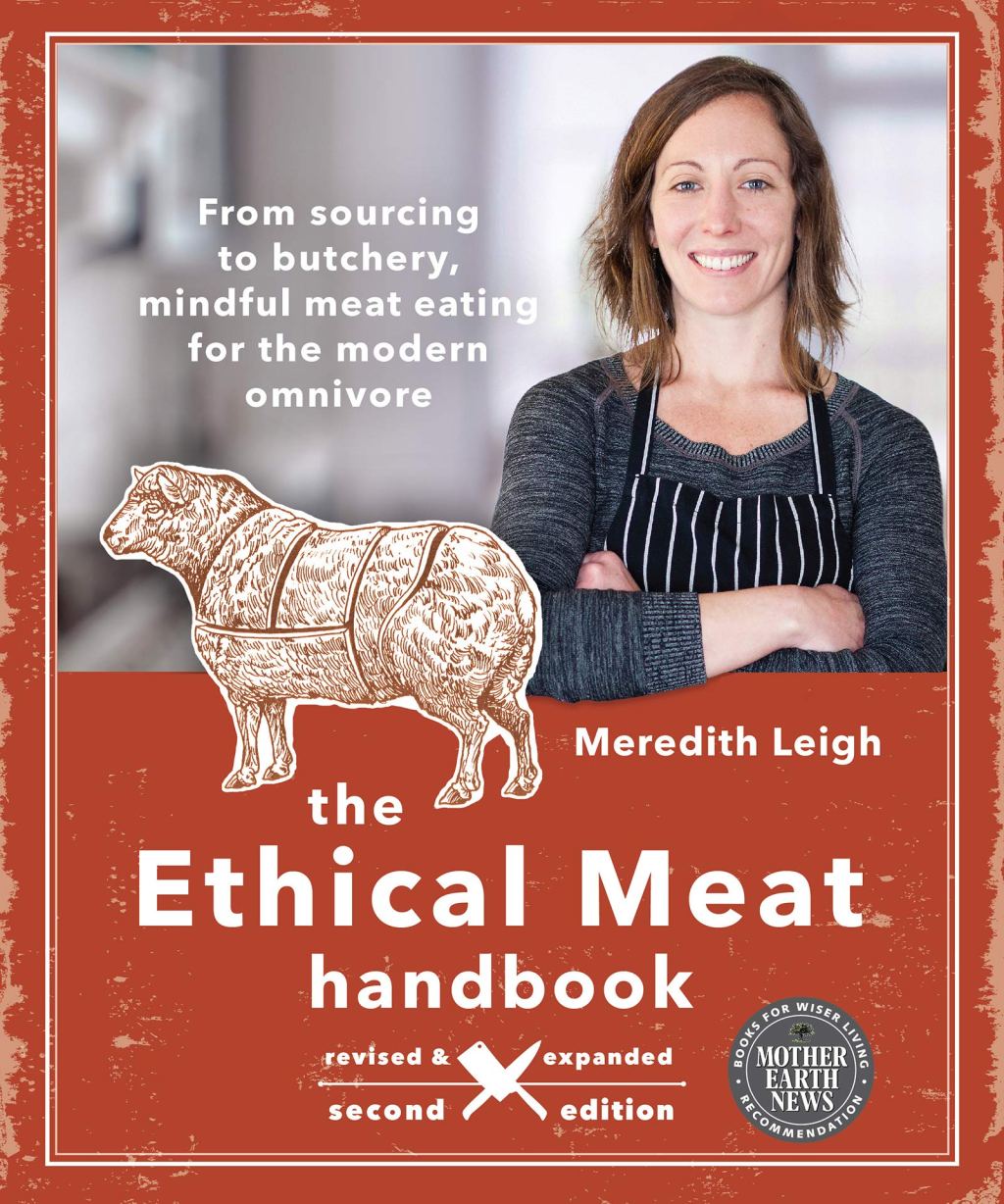When it comes to ethical meat consumption and production methods, there are a variety of factors that come into play. From the treatment of animals to the environmental impact of production, there are many considerations for those seeking to make more sustainable choices in their diet.
One key aspect of ethical meat consumption is animal welfare. It’s important to understand how the animals we eat are raised and treated throughout their lives. Ideally, animals should have access to outdoor space where they can move around freely and engage in natural behaviors like grazing or rooting. They should also be provided with clean water, appropriate food, and veterinary care as needed.
Unfortunately, not all farms meet these standards. Many factory farms keep animals in cramped conditions with little room to move around or access to fresh air or sunlight. These conditions can lead to health problems for the animals as well as negative impacts on the environment.
To ensure that the meat you consume is ethically produced, it’s important to look for labels like “Certified Humane” or “Animal Welfare Approved.” These certifications indicate that farmers are meeting certain standards when it comes to animal welfare.
Another consideration when it comes to ethical meat production is environmental impact. Meat production has been linked to a number of negative environmental effects including deforestation, greenhouse gas emissions, and water pollution.
One way consumers can reduce their environmental impact is by choosing meats from local sources whenever possible. This reduces transportation emissions associated with shipping meat long distances while supporting local farmers who may be using more sustainable practices than larger industrial operations.
Consumers can also choose meats from farms that use regenerative farming techniques such as rotational grazing which helps restore soil health and sequester carbon from the atmosphere back into the ground where it belongs instead of releasing it into our air supply worsening climate change issues
Finally, reducing overall meat consumption can also have positive impacts on both animal welfare and the environment if replaced with plant-based alternatives such as legumes (beans), tofu, tempeh or seitan.
Ultimately, ethical meat consumption is about making informed choices that reflect your values and priorities. By considering factors like animal welfare and environmental impact when choosing what to eat, you can help support more sustainable and humane practices within the meat industry.
When it comes to ethical meat production methods, there are a number of different approaches being taken by farmers and producers around the world. One approach is known as grass-fed beef which means cattle have access to pasture where they feed on grasses instead of corn or other grains that would be fed to them in confined operations. This results in higher quality beef with less saturated fats than grain-fed counterparts along with lower risk for E.Coli contamination thanks to the natural diet of grazing animals such as cows.
Another approach is known as “heritage breeds” which refers to livestock breeds that were commonly used in the past but have fallen out of favor due to industrialization and larger scale operations. These breeds tend to be hardier and better suited for outdoor living conditions than their modern counterparts which makes them more resilient against disease while also producing tastier cuts of meat due to their unique genetic makeup resulting from centuries of selective breeding by traditional farmers working closely with nature over many generations.
One challenge facing those seeking ethical meat production methods is price point. Meat produced using more sustainable practices often costs more than conventional options at supermarkets or fast food chains since it requires greater resources (such as land) per pound compared with factory farming operations relying on economies of scale.
However, consumers who prioritize ethical concerns may consider this an investment worth making especially if buying directly from local farms at farmer’s markets where prices tend towards being lower while supporting local businesses helping our communities thrive economically while reducing carbon emissions associated with shipping products long distances across international borders impacting global climate change issues further down the road.
In conclusion, there are a variety of factors involved in ethical meat consumption and production methods including animal welfare, environmental impact, and price point. By making informed choices about what we eat and where it comes from, we can help promote more sustainable practices within the meat industry while also supporting local farmers and businesses who are working to create a healthier planet for all of us to share now and in the future.

Leave a comment